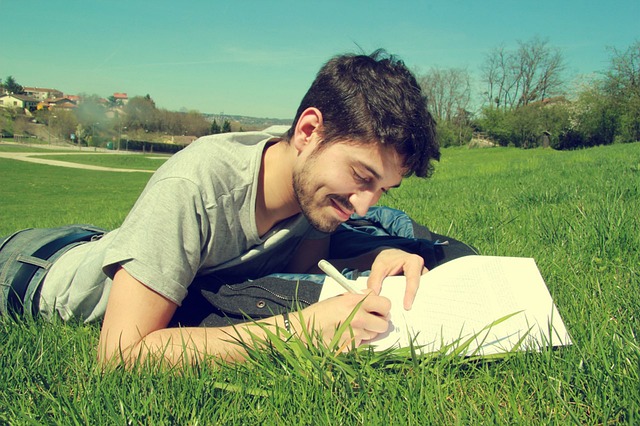WhatsApp Number: +1(249) 265-0080
Service Learning Reflection
Write a reflection following APA format and consisting of 750-1000 words in length.
Use the following questions to guide your response:
- What were you expecting from the experience before you started?
- Why were you expecting this?
- Why did you choose this goal?
- Did you learn anything about a different group in society (i.e., different age, profession, ethnic, racial or socio-economic group)? What did you learn?
- What is the most valuable experience you acquired?
- What impact did the experience have on your everyday life?
- What did you learn that was directly related to your course objectives?
Check our essay writing services here
Service Learning Reflection
Personal Reflection on a Community Service-Learning Experience
Before beginning the community service-learning experience, I expected to gain a deeper understanding of the needs within underserved communities and to apply theoretical knowledge from my coursework in a practical setting. I anticipated that the experience would involve basic volunteer work such as organizing supplies or distributing resources, and I assumed it would be emotionally impactful but relatively straightforward. These expectations were shaped by previous volunteer events I had participated in during high school, which were often structured and short-term with limited emotional engagement.
I chose this particular goal—volunteering at a local homeless shelter and participating in a public health awareness campaign—because it aligned closely with both my academic and personal goals. As a student studying public health, I wanted to see firsthand how social determinants such as housing and income impact health outcomes. Additionally, I was motivated by a personal desire to contribute meaningfully to my community, especially following the increased visibility of health disparities during the COVID-19 pandemic.
One of the most profound takeaways from this experience was learning about the challenges faced by a different socio-economic group: individuals experiencing homelessness. Interacting with clients at the shelter revealed just how multifaceted homelessness can be. It is not simply a lack of housing—it is often the result of a complex web of factors, including mental illness, addiction, unemployment, and systemic inequality. I met individuals who had advanced degrees but lost everything due to medical debt or the loss of a spouse. These encounters helped me break down many unconscious stereotypes and biases I had previously held.
The most valuable experience I acquired was learning how to engage in compassionate, active listening. During a community outreach event, I had the opportunity to speak with an elderly man who had been living on the streets for several years. Rather than trying to offer quick solutions, I simply listened to his story. He later told me, “You’re the first person who’s really listened in a long time.” That moment taught me the importance of presence and empathy—skills that will benefit me not only in professional practice but also in everyday interactions.
This experience has had a lasting impact on my daily life. It has made me more grateful for the stability I enjoy and more aware of how many people are living on the margins of society. I now actively seek out opportunities to advocate for vulnerable populations and have even started attending city council meetings to stay informed about local housing initiatives. Moreover, I’ve found myself becoming more thoughtful in conversations and more willing to engage in difficult discussions about poverty and equity.
From an academic perspective, this experience allowed me to connect directly with course objectives related to health promotion, community assessment, and advocacy. For example, in our course, we discussed the importance of health literacy and culturally competent care. During the awareness campaign, we had to adapt our public health messaging to be accessible to individuals with varying levels of education and literacy. We also learned how to collaborate across sectors, working with social workers, nurses, and volunteers to provide holistic support. These hands-on lessons reinforced what we had studied in the classroom and gave me a greater appreciation for interdisciplinary teamwork.
In conclusion, this service-learning experience far exceeded my expectations. It challenged me intellectually and emotionally and helped me grow as a student and a person. I gained a new perspective on homelessness, developed critical communication skills, and strengthened my commitment to public service. Most importantly, I now have a clearer understanding of how my academic knowledge can be applied in real-world settings to effect positive change. I am confident that the insights and skills I acquired will continue to influence my academic journey and professional path.
References
National Association of Social Workers. (2021). Code of Ethics. https://www.socialworkers.org/About/Ethics/Code-of-Ethics
World Health Organization. (2022). Social determinants of health. https://www.who.int/health-topics/social-determinants-of-health
Kolb, D. A. (1984). Experiential learning: Experience as the source of learning and development. Prentice Hall.


